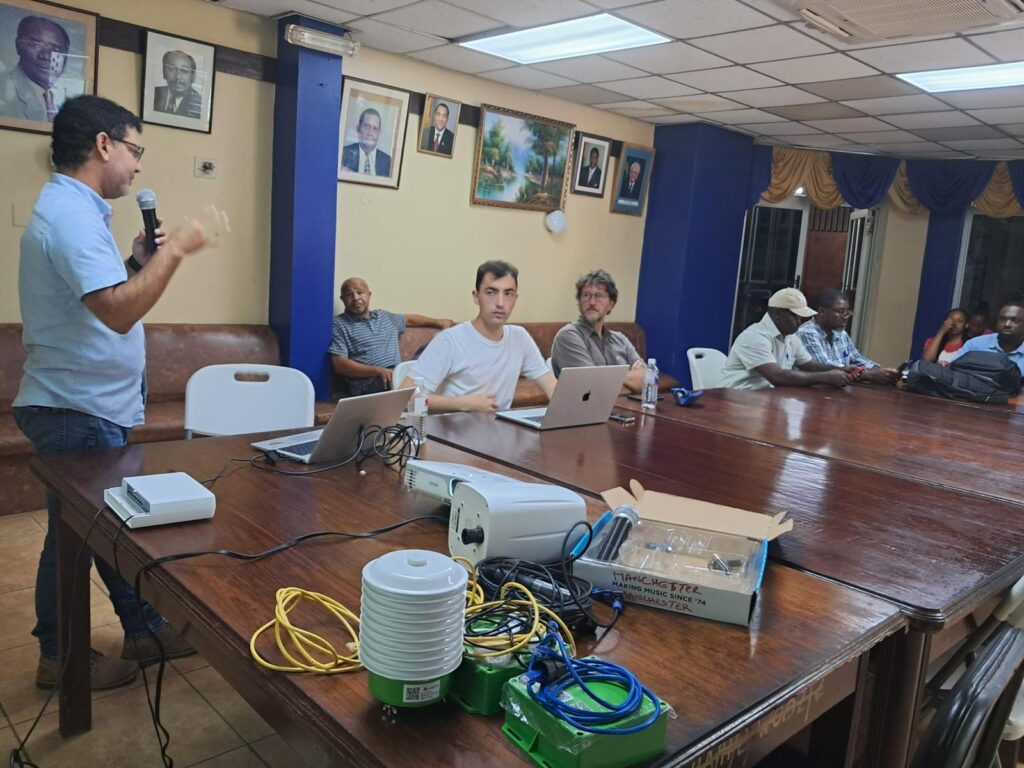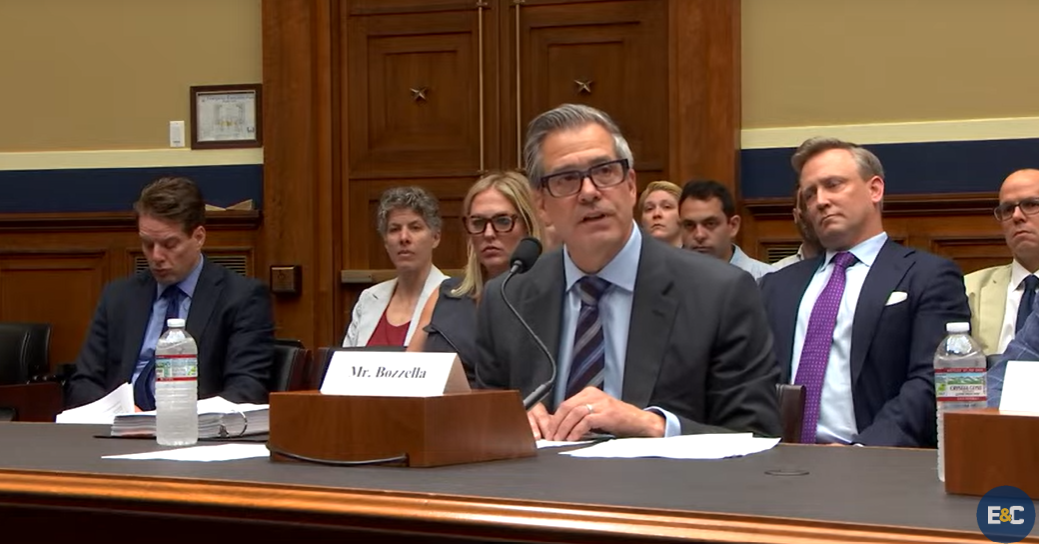Forsyth Tech's Aviation Tech Program Soars: Lieutenant Governor Hunt Praises Cutting-Edge Facility

WINSTON-SALEM, NC – North Carolina’s Lieutenant Governor, Rachel Hunt, recently visited Forsyth Technical Community College’s (Forsyth Tech) state-of-the-art Aviation Technology Lab, highlighting the program's crucial role in workforce development and the future of aviation in the Piedmont Triad. The visit, which took place near Smith Reynolds Airport, underscored the importance of investing in technical education and providing students with the skills needed to excel in high-demand fields.
Lieutenant Governor Hunt toured the impressive facility, engaging with instructors and students, and observing the advanced equipment and training techniques utilized in the program. The Aviation Technology program at Forsyth Tech is designed to equip students with the knowledge and practical experience necessary to pursue careers as aviation maintenance technicians, aircraft mechanics, and other related roles.
“Forsyth Tech’s Aviation Technology program is a shining example of how we can prepare North Carolinians for the jobs of the future,” said Lieutenant Governor Hunt. “This state-of-the-art lab and the dedicated instructors are providing students with the skills they need to succeed in a rapidly evolving industry. It’s incredibly inspiring to see the passion and commitment to excellence here.”
The program boasts a modern curriculum that incorporates industry-standard practices and technologies. Students receive hands-on training on aircraft systems, troubleshooting techniques, and regulatory compliance. The lab itself is equipped with a range of aircraft, engines, and specialized tools, providing a realistic learning environment. The program also emphasizes safety, ensuring students are well-versed in aviation safety protocols and procedures.
The Piedmont Triad region is experiencing significant growth in the aviation sector, with major airlines and aerospace companies establishing operations in the area. Forsyth Tech’s Aviation Technology program plays a vital role in meeting the increasing demand for skilled aviation professionals. By providing accessible and relevant training, the program helps to fuel economic growth and create opportunities for local residents.
Chris Peterson, reporting near Smith Reynolds Airport, noted the enthusiasm among students and the positive impact the program is having on the community. “This isn't just about training mechanics; it’s about building a pipeline of talent that will support the continued growth and success of the aviation industry in North Carolina,” Peterson stated.
For more information about Forsyth Tech’s Aviation Technology program, visit the college’s website or contact the admissions office. Investing in programs like this is essential for ensuring North Carolina remains a leader in innovation and workforce development.






